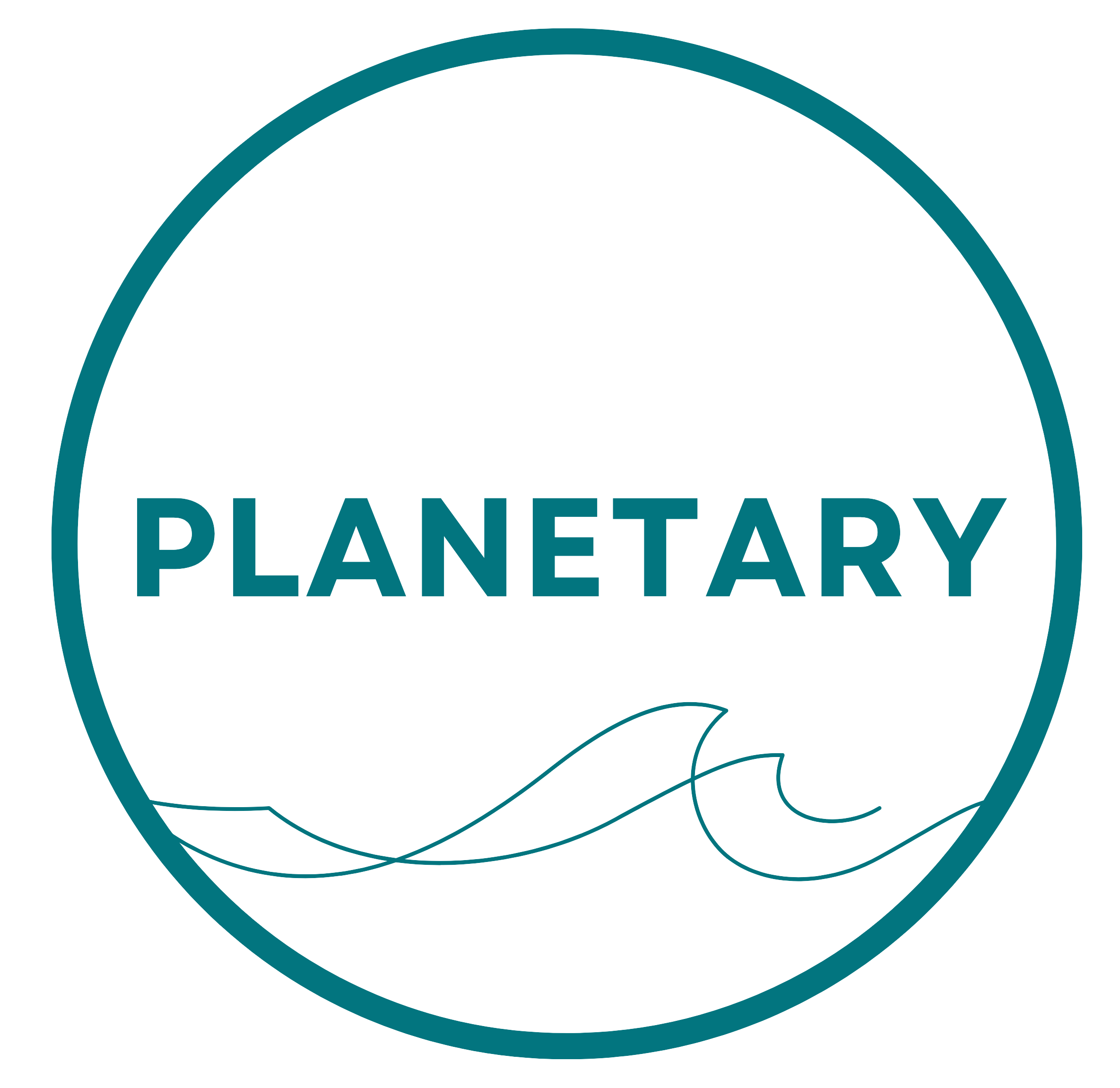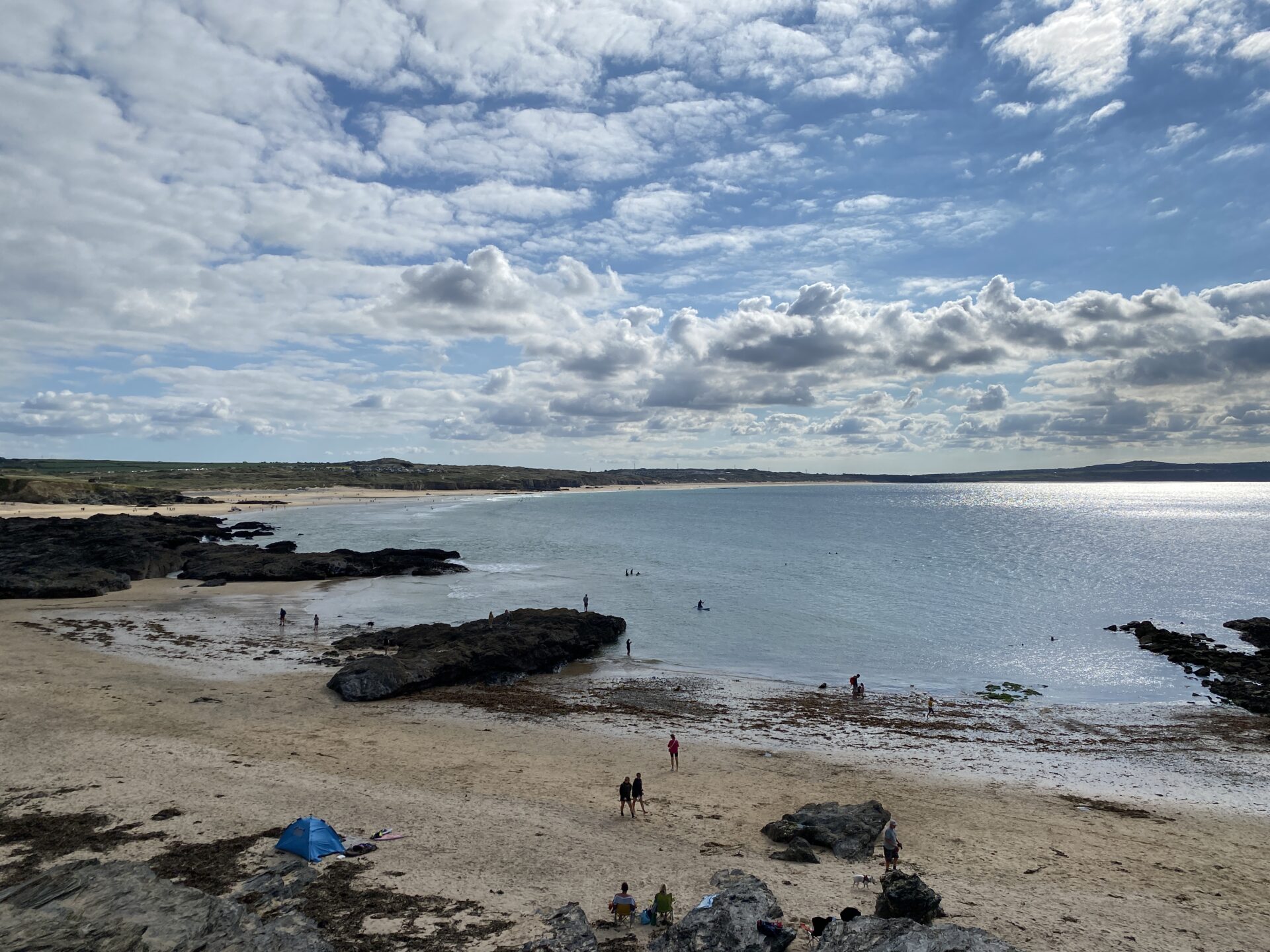WRc finds Planetary’s process has the potential for “significant net carbon removal” and our proposed trial represents a “very low” risk to marine organisms.
Water Research Centre (WRc) – one of the world’s leading independent scientific advisers – has been assessing Planetary’s proposal for a project in Hayle. This independent report commissioned by the Environment Agency (EA) will help inform the Agency’s decision on whether to issue a Local Enforcement Position which will enable Planetary to conduct a small-scale trial.
We have now received a copy of the final report from the EA, which contributes to the strong body of scientific evidence that magnesium hydroxide – our source of alkalinity – is safe for use in the marine environment without adverse effects in the ecosystem from the proposed trial. This new report confirms that this naturally occurring antacid is “of low acute toxicity to aquatic organisms and of low chronic toxicity to microalgae”, and that the risk to marine organisms from the trial is considered “very low.” This confirms Planetary and others’ work showing minimal likely effects on the most sensitive marine life even in areas that would see the highest concentration of magnesium hydroxide, which would be in the immediate vicinity of the diffused dispersal site, during the trial.
We are also extremely pleased that WRc recognises that our technology has the potential for “significant net carbon removal”. This is in strong agreement with studies on the potential scale of carbon removal through ocean alkalinity enhancement, with conservative estimates indicating the potential for 44 billion tons of CO2 removal. This report reinforces the value and importance of our mission to fight climate change and restore the world’s oceans.
We have already taken onboard the WRc’s observations around the source of the magnesium hydroxide – including the importance of traceability and the transport, milling and storing process – and we are committed to using alkalinity from fully traceable sources after this proposed trial. We are also committed to having our alkalinity source re-tested by a third-party accredited lab prior to it being used to ensure the full confidence of the EA and our local communities.
Our team is now working to update our trial proposal to take into account all substantive input from the EA and local community. The EA will then consider Planetary’s updated application alongside WRc’s report before deciding whether to issue a Local Enforcement Position.
Throughout this process, we have worked closely with the community, hosting a number of public consultations, engaging with local experts and policymakers, and collaborating with academic institutions and research organisations. We’ve paid close attention to your feedback, and, to date, we have already facilitated a full and independent review of our technology and proposed trial, substantially reduced the scale of the proposed trial, and will conduct a toxicology review on local marine species to confirm the safety of our technology for Cornish marine life.
The EA commissioned the report and has shared it on their website. Planetary is also hosting the report as a part of our ongoing commitment to engagement and transparency with the local community. We share the community’s desire to restore the ocean, and we are dedicated to working proactively with our stakeholders to create a project that benefits both the environment and the local community. We look forward to sharing details of our collaborative engagement plans as we continue to speak openly about the potential of our process and the role it may be able to play in Cornwall.
If you would like any more information please visit our project page, sign up to our Cornwall mailing list, or email Cornwall_Project@planetarytech.com.



